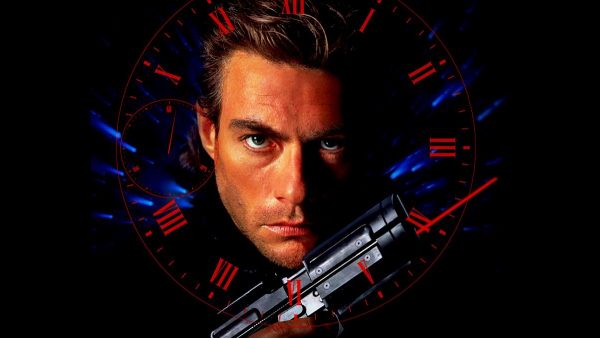Tom Jolliffe looks at ten essential time travel movies…
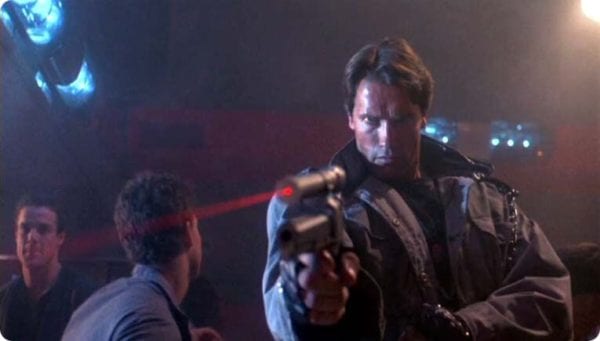
There have been many ideas that have persistently fascinated cinema goers. It might be revenge, creatures, outer space or indeed time travel. The idea of travelling forward or backward through time, whether it becomes physically realised or not has been a perpetual source of inspiration for film-makers. In predominantly sci-fi (though time travel has spread it’s wings over almost every other genre), there have been innumerable films that offered a view on time travel, theories on the construct of time (linear, circular, etc) and it appears as popular as it’s ever been. Ask Chris Nolan who has incorporated the subject in his last two blockbusters, Interstellar and Tenet.
In the first of two parts, here are ten essential time travel films (with ten more to follow in part two)…
Primer
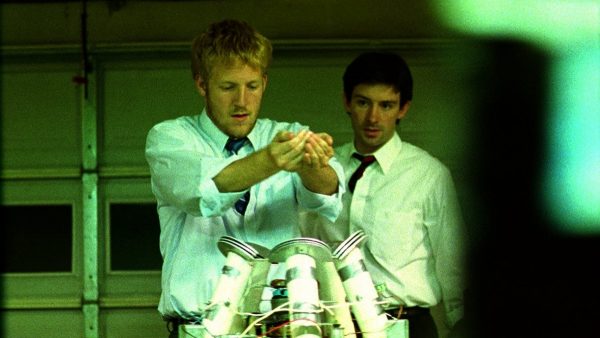
So let’s have a very meticulous and information heavy approach to time travel on film. We’re not going for Tenet, because that ended up becoming frustratingly incoherent (for a variety of reasons from its writing, structure and even sound mix that rendered dialogue often inaudible). No, let’s go for the indie cult film Primer. This film has a tight grip on its complex story, that becomes heady, intricate but never to the point of frustration. It leaves you with questions but willing to revisit for increasing clarity with each re-watch. It’s clever, it feels like its logic works and it’s enthrallingly minimalist. This marks an excellent way to maximise the constraints of a micro budget to your benefit. If you also want similar, also check out Anti-Matter, another low budget indie production that lets the budgetary constraints become a strength.
The Time Machine
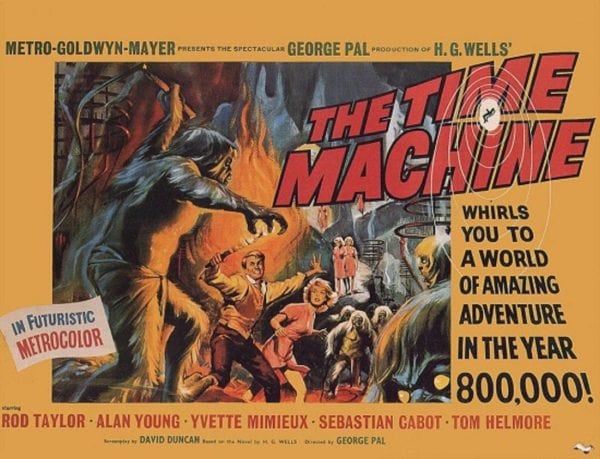
A quintessential sci-fi classic, based on H.G Wells’ iconic novel. The Time Machine may not have quite lived up to its source material, but the cinematic rendering of the work remains enjoyable to watch. Rod Taylor, an everyman hero of his era is perfectly cast as the intrepid inventor who travels from his Victorian era into the long distant future where humans have been divided above and below ground as complete polar opposites. Infantile and simple above, living a life of facile play and opulence, whilst the underground mutants are savage and feed upon those above. The film, in its ‘futuristic metrocolor’ looks brilliant even today.
Stalker
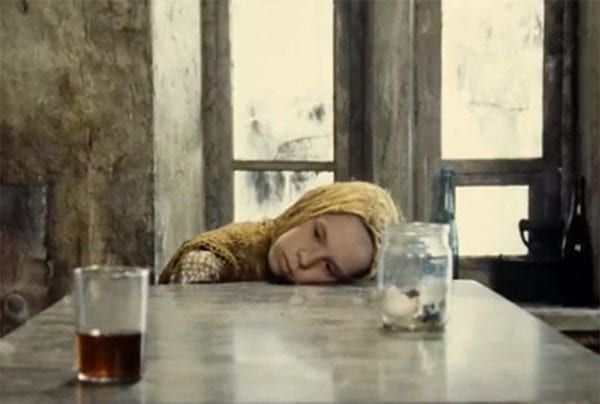
Andrei Tarkovsky’s seminal sci-fi is widely considered a masterpiece, even in spite of being potentially inaccessible to general audience goers. The wilfully slow pace, heady philosophical and poetic monologues and abstract ideas make it oddly formless. At the same time, the imagery is stunning, willing you to maintain your focus (or romanticising you to the point you will revisit the film, even if the first viewing left you bewildered). A Stalker (an unlawful guide into restricted territory) takes a writer and a professor into ‘the zone’ to find ‘the room.’ It remains largely as enigmatic as those monikers suggest, but within the zone we’re given to understand that time and space exists differently. As with the ‘traps’ that Stalker warns his clients exist within, the reality of this time displacement is never explicitly shown, merely hinted at, but when you revisit you begin to see these suggestions that characters have been moved off the linear path of conventional time. It’s an aside within the film, but an interesting nugget that has offered analysers plenty of extra material to pick over.
Groundhog Day
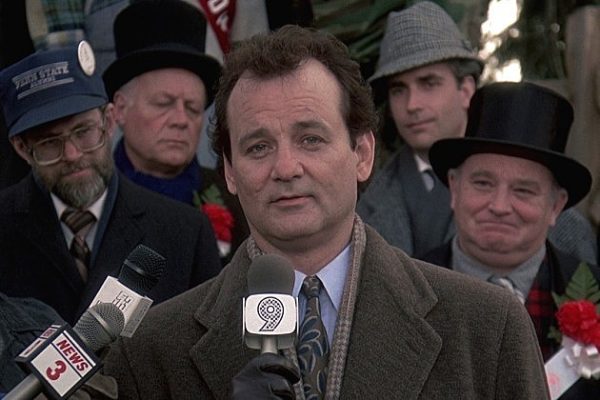
In this comedy gem, Bill Murray has a ball but also adds a little more pathos than usual. As Phil Connors, an obnoxious and sardonic reporter, he finds himself stuck in a time loop, reliving the same day. Come the end, he’s sent back, to the beginning to continually repeat until he can configure the exact circumstances required to find himself in the next day. Spoiler alert, apparently you have to boink Andie MacDowell. Groundhog Day is great. The repeated day/time has been used a few times since in more straight up sci-fi, with Source Code and Edge of Tomorrow but the classic Bill Murray film remains the best.
Looper
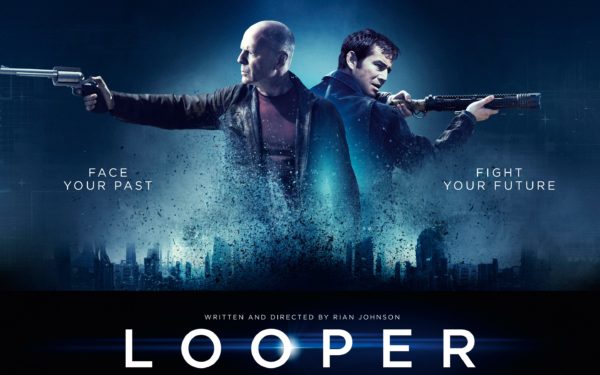
Before enraging Star Wars fans, Rian Johnson made Looper. An excellent time travel film that sees future mobsters sending back hit targets to the past to be executed by Loopers in the present. Things become complicated when one such victim (Bruce Willis) to be disposed of in the past is to be executed by his younger self (Joseph Gordon Levitt). Willis escapes setting off a cat and mouse chase which has a direct influence on the creation of the time travel technology itself, and is intrinsically linked to the birth of a super villain of the future. It’s complex but never alienating and it’s engaging. Most enjoyably, it pulls the best out of Bruce Willis which has been all too rare this past decade.
Timecop
Yes. This absolutely is essential. Dismissed by critics as illogical hokum, this essentially toys with ideas laid out in Back to the Future Part II and throws in some Van Dammage. The inimitable Belgian action hero plays a time cop whose job is to travel through time to stop nefarious time travellers who threaten the very fabric of existence as they try to pull a Biff Tannen in the past. It’s a morally corrupt senator who wants to abuse the technology to fund a presidential campaign who becomes the object of Van Damme’s ire. Said senator even kills Van Damme’s beloved. Here’s the thing with time travel; There’s no definitive proof on the reality of it. We go by the theories of an array of Mensa minded individuals, who often contradict each other. So to conclusively say some things in Timecop make no sense is a tad harsh. Taken as a sci-fi concept where you inherently must leave logic at the door, it shouldn’t be overthought. It’s a lot of fun. Van Damme is in his prime, in one of his best and Ron Silver makes a fantastic villain. This proves as logical as Tenet, no less intelligent, a hell of a lot more fun and actually more emotionally involving. There, I said it.
The Terminator
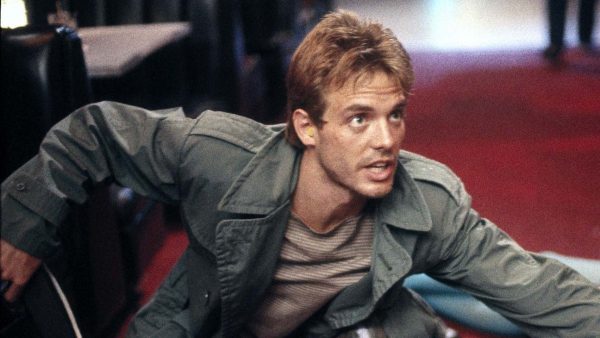
A future war between man and machine ends with us fleshy mortals as the victors. The machines, having developed time travel, send a cyborg assassin back through time to change the outcome by killing the mother of the future leader of human rebellion. The humans send back a protector to try and stop the machine and keep Sarah Conner safe. Thus a franchise was born, but never able to better this one (even if T2 is essential in its own right). The Terminator’s time aspect is confined to the unseen. Once the battling cyborg/warrior arrive we’re in a story of present survival intrinsically linked to fate and certainty, with a few causality paradoxes thrown in for good measure. The Terminator franchise has been a long standing battle between predetermined, inescapable fate or the notion of ‘no fate but what we make for ourselves.’ This nightmarish slasher, sci-fi and action hybrid is a masterpiece.
A Ghost Story
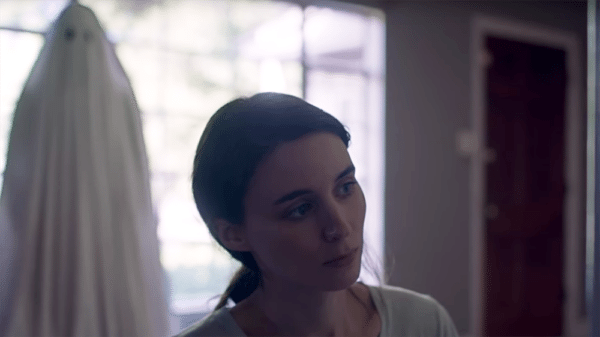
This doesn’t so much see the walls of linear time broken to travel back or forward, but instead offers us the notion of time as circular, with events unshakably predetermined and destined to repeat. A Ghost Story sees a young couple separated by death when the husband, (Casey Affleck) dies. He’s cursed to exist in the confides of his home for eternity, but his existence also transcends time and space as he essentially loops back around and inevitably catches back up with his live self, and then subsequent new ‘ghost.’ There’s the sense of time we all travel through, second by second and the film effectively captures that stillness when we find ourselves ticking by. It deals with loss, fate and life/after life but poetically so. Affleck does travel into the past, even if he takes the long way round, second by second, which the film beautifully (painfully) captures.
Predestination
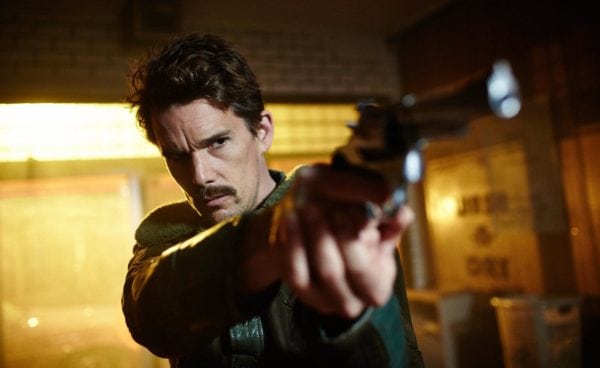
This underrated sci-fi actioner plays a little like a slightly more high brow (and definitely darker) Timecop. It’s complicated and interesting, anchored by Ethan Hawke’s excellent performance. It’s dark and throws in disturbing themes along the way with final act revelations that might bewilder some, but it’s always enthralling. The layering of weirdness among some weightier existential themes make it stand out, while the Spierig brothers stretch the low budget as much as possible. It deserved a wider big screen audience, but in recent times has grown a cult following as people finally stumble upon it.
2001: A Space Odyssey
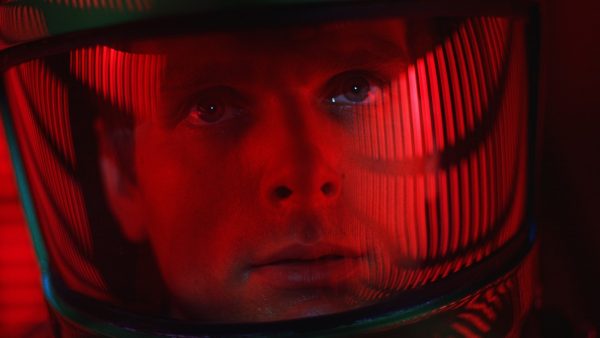
Stanley Kubrick’s epic, almost musical journey through humanity in three stages (dawn, near future, beyond) is undoubtedly a masterpiece. It ponders weighty questions with meticulously constructed visuals. Kubrick’s perfectionist approach delivers visual resplendence along with ground-breaking effects, which still hold up. The miniature work is sensational and still dazzles, along with some other wonderfully effective camera rigs (set rigs) and tricks. There’s no definitive suggestion of it, but the monoliths, linked to aliens which have traversed time and space hint at the existence within this films world, of time travel. Additionally the infamous star-gate sequence sees a literal journey through time, space and existence to a next stage of being.
What’s your favourite time travel film? Let us know on our social channels @flickeringmyth and join me soon for part two where I’ll offer up 10 more essential time travel films…
Tom Jolliffe is an award winning screenwriter and passionate cinephile. He has a number of films out on DVD/VOD around the world and several releases due out in 2021, including, Renegades (Lee Majors, Danny Trejo, Michael Pare, Tiny Lister, Ian Ogilvy and Billy Murray), Crackdown, When Darkness Falls and War of The Worlds: The Attack (Vincent Regan). Find more info at the best personal site you’ll ever see here.
